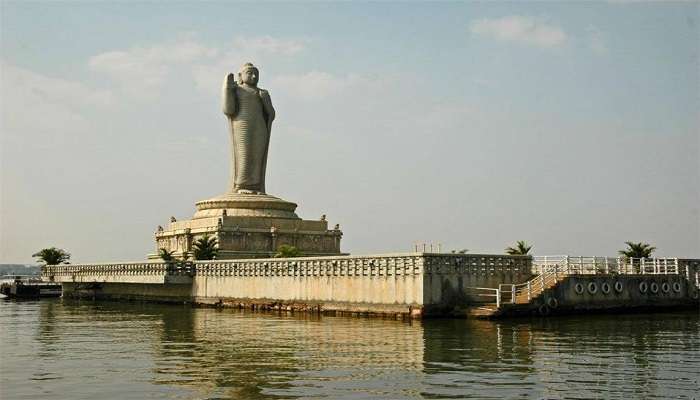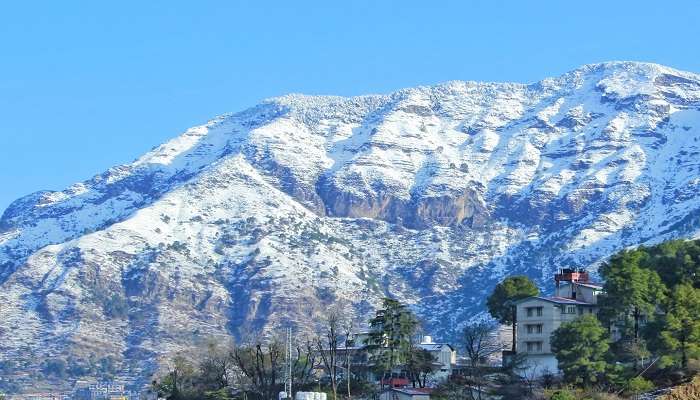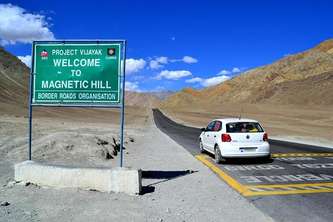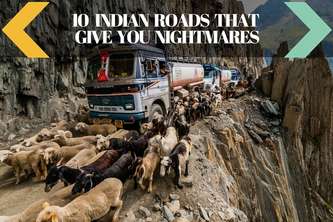French Travel Words And Phrases For Tourists Planning To Explore The Western Europe

Spoken in different regions of the world, French is the language of elites and has a romantic feel to it. Adding a French touch to your diction enhances the quality of your speech. However, one of the strangest facts about this language is that it has been derived from the Vulgar Latin dialect.
When traveling to France, you may find some difficulty while communicating with the French people. Nevertheless, with the right knowledge of French words and phrases, starting a conversation with locals won’t prove to be a task! If you’re looking for such a guide, then scroll down to know the nitty gritties of this romantic language.
Pivotal Things To Know
You can save yourself from struggling when you want to communicate with the French people. All you need to do is learn these basics of language listed below to get yourself through the whole trip without struggling too much.
1. Power Words And Phrases
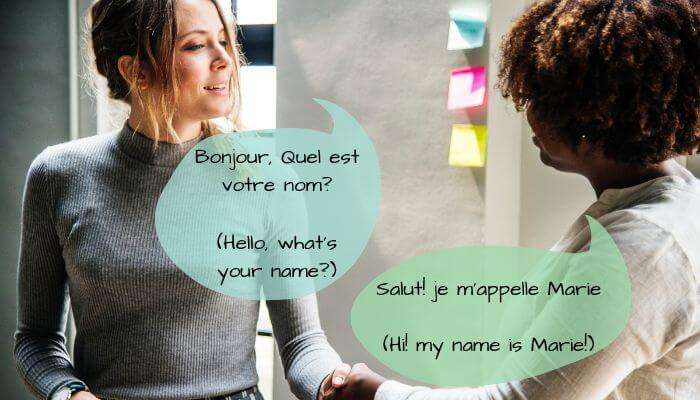
Greeting people when you’re in a foreign country not only makes for a great first impression but is the most appropriate way to break the ice with the locals. So, do learn these words to keep yourself from getting confused in this foreign land.
Words
- Hello: Bonjour
- Hi: Salut
- Please: S’il vous plaît
- Help: Aidez-moi
- Wait: Attendre
- Call: Appel
- Water: Eau
- Today: Aujourd’hui
- Tomorrow: Demain
- Now: À Présent
- You: Vous (formally), Tu (informally)
- We: Nous (formally), On (informally)
- I: Je
- My: Ma (feminine), Mon (masculine)
- Madam: Madame
- Mister: Monsieur
- Goodbye: Au Revoir
- Fine: Bien
Phrases
- Excuse me: Excusez-moi
- I beg your pardon: Je vous demande pardon
- What’s your name: Quel est votre nom/Comment tu t’appelles
- My name is XYZ: Mon nom est XYZ/Je m’appelle XYZ
- Let’s go: Allons-y
- Thanks a lot: Merci beaucoup
- I am sorry: Je suis désolé
- I really appreciate: J’apprécie beaucoup
- Never Mind: ça ne fait rien
- Nice to meet you: Ravi de vous rencontrer
- Very good: Très bon
2. French Slangs
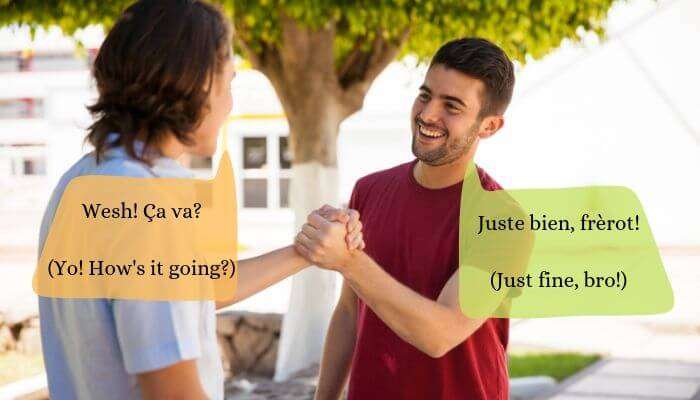
Learning the slangs of a nation will give you a fair idea of its cultural setup. There are a multitude of French slangs learning which will throw some light on the lifestyle of locals and help you have a hearty conversation with them. Keep this list of slangs handy when you want to be a part of the French culture.
OKLM: is an alternative, unofficial term used for ‘au calme’, translated as ‘being quiet’ is actually used by the youth as an adjective for something that they think is cool or hip.
Une Clope: this phrase is commonly used amongst the smoking population of France. It translates to ‘a cigarette’ – used as a question to ask if someone has a spare cigarette.
Wesh: originated from the suburbs of Paris, this is used when greeting someone – just like we say ‘yo’ for greeting someone informally.
Frérot: the literal meaning of ‘Frérot’ is ‘little brother’. However, it is generally used in the same way as we use ‘bro’ for our male buddies.
3. Travel-Specific Questions
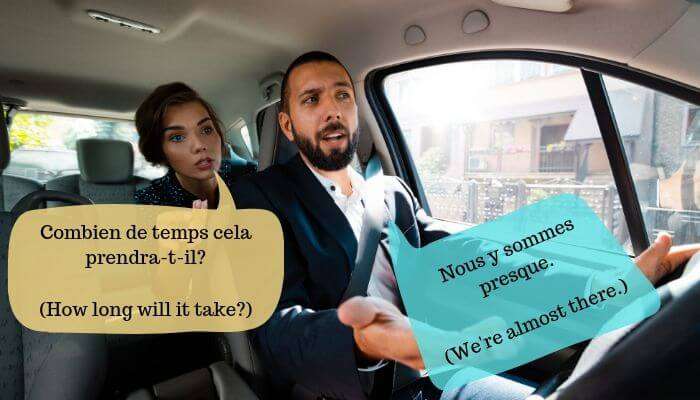
As a traveler, there are certain things that you’ll have to ask for and it won’t be every time that you’ll come across someone who speaks English. Therefore, for a smooth travel experience, you must learn a specific set of French travel words or questions while exploring different parts of France. Go through the list below and keep it handy to make sure you undergo a travel experience that won’t be a hustle.
- Do you speak English?: Parlez-vous Anglais?
- Where is the exit?: Où est la sortie
- How to get to X?: Comment se rendre à X
- Which is the nearest cafe/restaurant?: Quel est le café/restaurant le plus proche
- A table for us, please: Une table pour nous s’il vous plait
- Can I get a menu?: Puis-je avoir un ménu?
- I would like to order X: Je voudrais commander X
- Check, please?: Où est la sortie
- Do you accept credit cards?: Acceptez-vous des cartes de crédit?
- Where can I get the cabs?: Où puis-je trouver les taxis
- What is the fare?: Quel est le tarif?
- How long will it take?: Combien de temps cela prendra-t-il?
4. Numbers And Directions
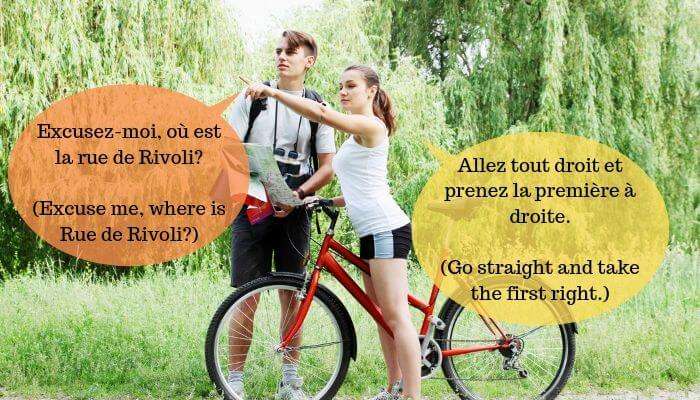
Ofcourse, you’ll have to ask for directions while exploring the cities of France and to ensure you don’t end up looking dumb and dazed before the locals, keeping this list handy would prove to be a great help! You should also have a little hang of French counting for when you want to book a table for a certain number of people, know the taxi fare, or take down someone’s contact number.
Terms Used For Directions
- Map: Carte
- Left: Gauche
- Right: Droite
- Up: En haut
- Down: Vers le bas
- East: Est
- West: Ouest
- North: Nord
- South: Sud
- Straight: Tout droit
- Turn: Tour
Numbers In French
- Zero: Zèro
- One: Un
- Two: Deux
- Three: Trois
- Four: Quatre
- Five: Cinq
- Six Sees
- Seven Sept
- Eight: Huit
- Nine Neuf
- Ten: Dix
Note: Since the French words read quite easy and look similar to English, their pronunciation are quite different. So, while you’re trying to get the hang of essential French words, phrases, and questions, don’t forget to listen to their pronunciations along.
Tips On Alternative Ways Of Communication
If you don’t want to go through this rigorous procedure and are convinced that you’re not and can never be a glossophile, then you might want to know these alternative ways that may even prove to be equally helpful.
- If you’re sure that you’re pretty good at dumb charades, then some gestures might help you convey your thoughts
- Hire a language guide who will help you talk to the locals and might as well take you to the prominent tourist attractions. This can be a costly affair but you’ll kill two birds with one stone
- While traveling, if you come across an English-speaking local, then stay in touch with him/her throughout your trip
- Keep a French dictionary handy or make use of Google Translate
Learning the nuances of this language would definitely require time and effort and since you’ll be planning a vacay in France, a brief guide on French travel words and phrases like the ones mentioned above is all you need. Make the most of your holiday in Western Europe by going through this travel guide.
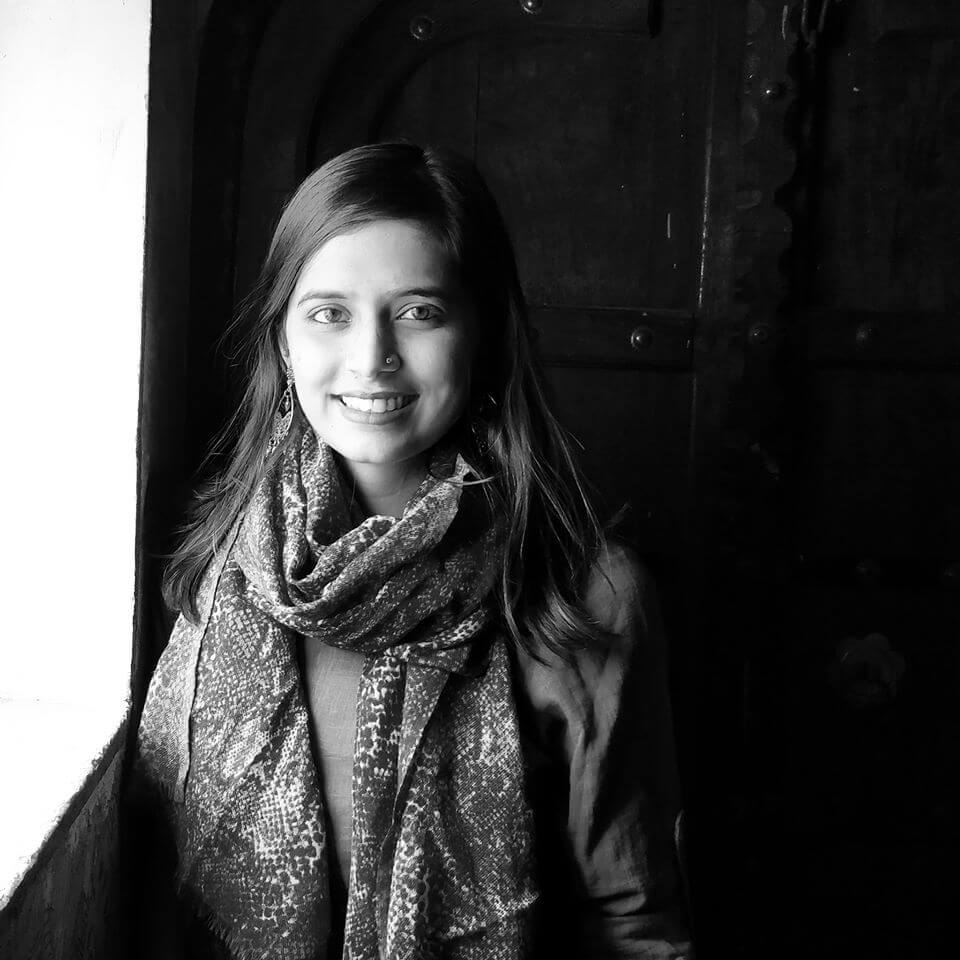
An Editor at TravelTriangle who seeks and tries to give off good vibes. It’s her heart that travels when she writes about a destination.



